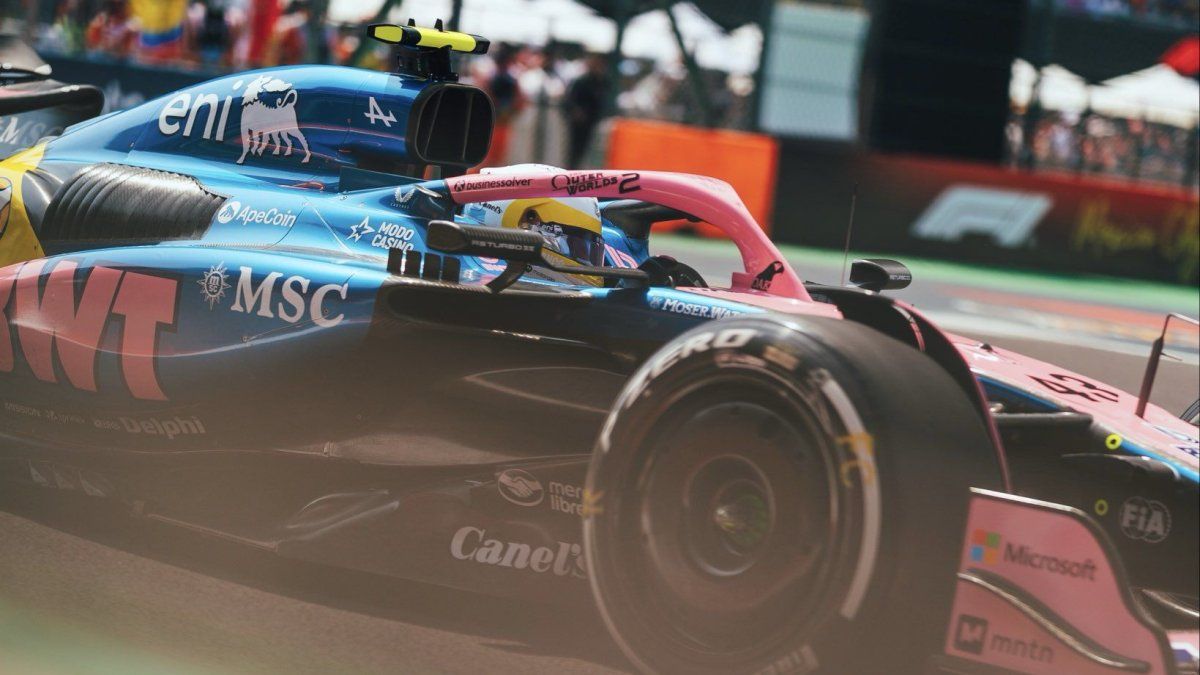Details have not yet been announced, according to “Kurier” a “general basic need” should be capped.
The government originally wanted to present the measure by the end of August: “The model will be ready in August. It will be decided in September or October,” said Chancellor Karl Nehammer (ÖVP) on August 23. The turquoise-green government explains the delay primarily with the current problems surrounding Wien Energie, which pools resources. But: “The concept for the electricity price brake is to be presented next week. In parallel, work is also being done on the implementation,” quoted the “Kurier” spokesman for Gewessler.
“quickly processed”
The solution should be “unbureaucratic, can be processed quickly and can be felt in the economy as a whole” and conform to EU law. A National Council decision that is then necessary should be made as quickly as possible, according to the cabinet of the APA minister.
According to “Kurier”, a social graduation according to income will not be implemented quickly. Even the model envisaged by Wifo boss Gabriel Felbermayr is unlikely to come in its original form. The expert had spoken out in favor of a cap for household bills, with which the state would subsidize the basic consumption of households – around 80 percent of the energy consumed in the previous year. For the remaining 20 percent you would have to pay the market price.
Possible orientation to ÖGB proposal
According to “Kurier”, the model envisaged by the government could be based on a proposal by the Federation of Trade Unions (ÖGB): Instead of the previous year’s consumption, all households should have a general basic requirement capped. The ÖGB recommended an electricity price cap for 3,000 kilowatt hours (kWh) of basic consumption. Everything above that should therefore be paid for at market prices. According to “Kurier”, it is not yet known what basic consumption the government negotiators have agreed on. Nehammer also did not give any details on August 23, but spoke at the time of an “energy-saving incentive” that should go hand in hand with the brakes.
According to a recent survey, Austrians are definitely in favor of government energy-saving guidelines. Only 17 percent of those questioned are of the opinion that saving energy “should be left to each individual”, according to a survey by Unique Research on behalf of the news magazine “profil”. Of course, others should save first: 67 percent support restrictions on public lighting. Significantly less – namely 35 percent – are for a speed limit for cars on federal roads and motorways, 30 percent for maximum temperatures in offices and schools. In their own four walls, only 17 percent are in favor of a prescribed maximum temperature.
Source: Nachrichten




